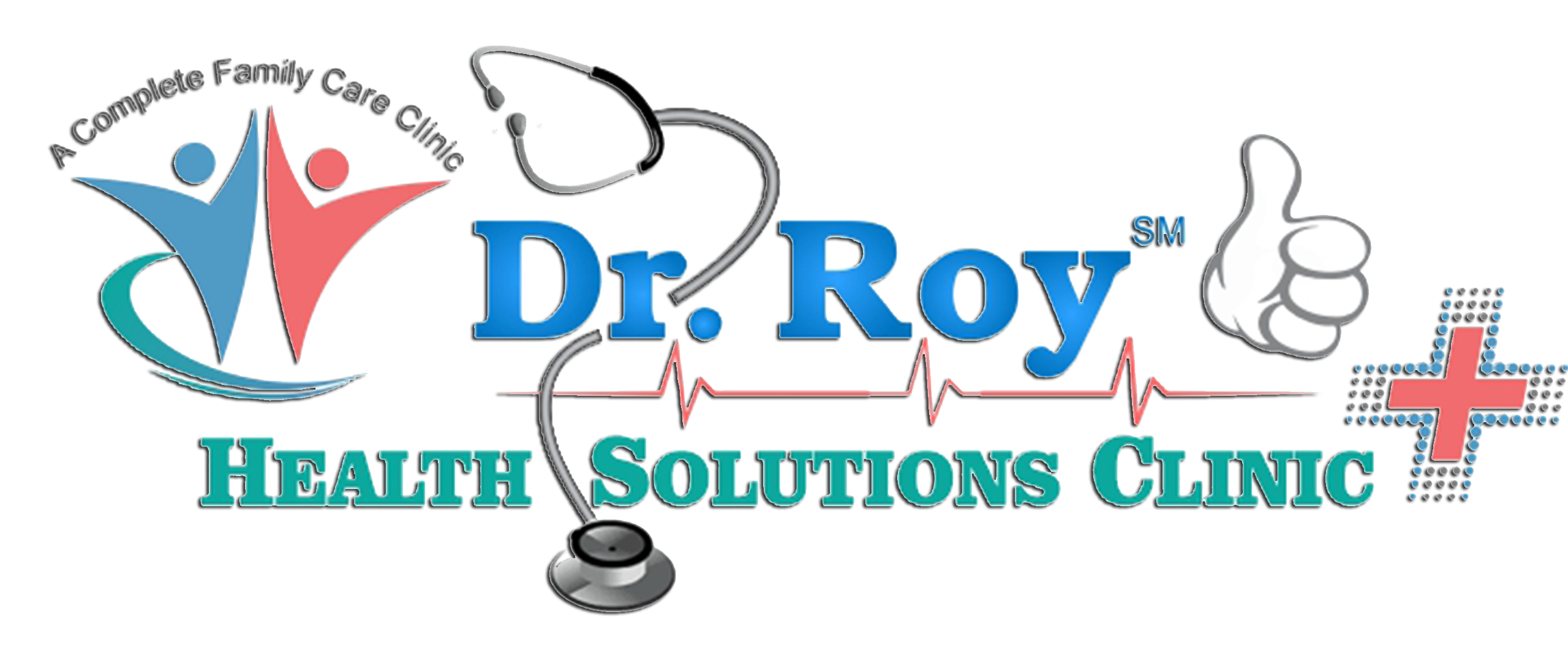Many patients experience adverse reactions to medications. Only a small percent of these reactions, however, are true allergic reactions. An allergic reaction means the patient’s immune system is programmed to recognize a certain medication and produce a specific reaction whenever it encounters that drug.
The most potentially severe allergic reaction to a drug is anaphylaxis. This happens when the patient, unknowingly, has a large amount of an allergy protein (called IgE antibody) in his or her body specific for a drug, such as penicillin.
Common Medications Can Have Major Side Effects
It is essential to know exactly what medications you are taking, how to take them and what the potential side effects can be. This advice is especially true for older adults with allergies or asthma.
Asthma Medications
There are times when a medication can be very beneficial for one ailment, but has the potential to cause concern for another condition. Such is the case with inhaled corticosteroids (ICS), one of the most effective classes of medications used to treat asthma.
On one hand, ICS are the most effective class of drugs in the treatment of asthma. On the other hand, corticosteroids can contribute to the development of osteoporosis, a condition leading to brittle bones, especially in older women.
In most cases, physicians believe the benefits of ICS far outweigh the potential downsides. First, uncontrolled asthma puts you at a high risk for complications requiring hospitalization. Also, if your asthma is uncontrolled, chances are you aren’t sleeping well and exercising is difficult. Reduced levels of activity can also cause osteoporosis.
An allergist/immunologist, often referred to as an allergist, has extensive training in the management of asthma and in minimizing the side effects of medications such as inhaled corticosteroids.
Your physician can weigh the risks of osteoporosis with the risks of asthma, and may prescribe medications to counteract osteoporosis or order bone density testing. Your physician may also suggest things you can do to reduce your risk of osteoporosis. Regular exercise and dietary supplementation with healthcare practitioner prescribed calcium and vitamin D are good ways to reduce the risk.
Allergy Medications
Allergies such as allergic rhinitis (hay fever), allergic conjunctivitis and urticaria (hives) are common problems and often require the use of antihistamines. This medication is divided into two classes: first generation antihistamines and second generation antihistamines.
First generation antihistamines, while very effective at controlling symptoms, are often associated with symptoms in older adults such as anxiety, confusion, sedation, blurred vision, reduced mental alertness, urinary retention and constipation. These side effects are even more common in people being treated with certain antidepressant medications.
The second generation antihistamines tend to cause fewer side effects.
Triggering Asthma
Beta-blockers are drugs typically used to treat problems such as high blood pressure, heart disease and migraine headache. They may also be used in an eye drop form for treating glaucoma. Beta-blockers are classified in one of two groups: non-specific and specific. Non-specific beta-blockers, such as propranlol, are known to trigger asthma symptoms. Yet beta-blockers can be very important preventative care medications. Your physician may conduct a trial using a “specific” beta-blocker. Remember that even beta-blockers in eye drops can make asthma worse, so be sure to tell your ophthalmologist if you have asthma.
Aspirin and other non-steroidal anti-inflammatory drugs (NSAIDs) include some common over-the-counter pain relievers, such as ibuprofen and naproxen. Approximately 10% to 20% of people with asthma may notice that one or more of these drugs trigger their asthma. These asthma attacks may be severe and even fatal, so patients with known aspirin sensitivity must be very careful to avoid these drugs. Pain relief medications that usually don’t cause increased asthma in aspirin-sensitive patients include low-to-moderate dose acetaminophen, propoxyphene and prescribed narcotics (such as codeine).
ACE inhibitors, which may be used for hypertension or heart disease, include lisinopril and enalapril. Although they usually don’t cause asthma, approximately 10% of patients who receive one of these drugs develop a cough. This cough may be confused with asthma in some patients and possibly trigger increased wheezing in others.
The bottom line in avoiding medication-induced asthma is to talk with your physician about what medications are best for you.


